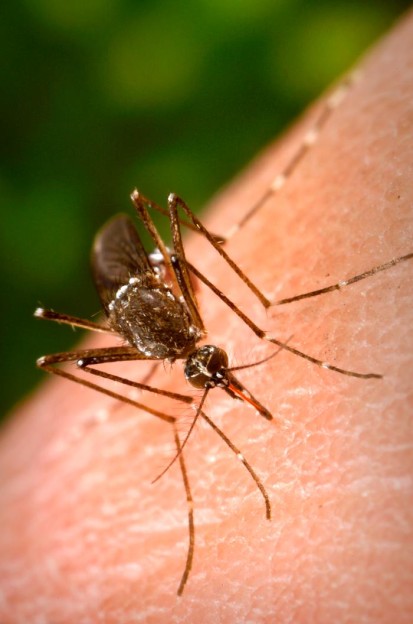By NewsDesk @infectiousdiseasenews
While the 2019 dengue fever season is a far cry from 2013 when more than 22,000 cases were reported, the country’s Environmental officials are reporting nearly 15,000 dengue cases in the first 11 months of the year.

Through November 29, 14,910 dengue cases have been reported, around five-times the numbers reported in 2018.
In December 2018, Singapore officials “sorta” predicted what happened this year–the increased Aedes aegypti mosquito population in the community coupled with the high current number of dengue cases may lead to a surge in case numbers in 2019.
The National Environment Agency says the adult Aedes aegypti mosquito population, determined by the Gravitraps deployed by NEA, has increased by 32% in October, compared to in September. Notably, NEA has also observed a 55% increase in the rate of detection of Aedes aegypti larval habitats found in homes in October, compared to in September.
China reports 5th human plague case, four cases this month
Taken together, these are indications that the number of dengue cases may continue to rise further. The increase in dengue cases observed at the end of the year has been noted before in previous years, particularly in 2013 and 2015; and on both occasions, we entered the following year with an atypically high number of dengue cases. In order to avert this, NEA urges everyone to help break the disease transmission cycle, and protect themselves and their loved ones, by:
Blink, and you’ll miss this Cyber Monday Flash Sale! Get 50% off the ZQuiet mouthpiece! Valid only on 12/2.
1. Immediately and regularly removing stagnant water in their homes and surroundings. Those living in landed properties should pay particular attention to any stagnant water inside their houses and in their gardens.
2. Check the NEA website for areas with relatively higher adult Aedes aegypti mosquito population, and take proactive mosquito prevention measures.
3. Those planning to go on vacation should mosquito-proof their homes before they travel, and bring along and apply insect repellent while travelling.
4. Persons infected with dengue should protect themselves from further mosquito bites, by applying mosquito repellent regularly. If you or your family members are unwell and showing symptoms suggestive of dengue, you are advised to seek medical attention immediately.
- MEASLES in Africa: 5,000 dead in DRC
- POLIO update: Pakistan, Angola and the Philippines
- Japan reports 1st human herpes B infection
- Staphylococcus aureus: The Bengal Bay clone mutations and global spread
- MRSA: ‘The household environment plays a key role in the transmission in the community setting’
- Bovine TB novel vaccine developed by University of Surrey scientists
- Tonga measles outbreak grows, 1st outbreak since 2010

